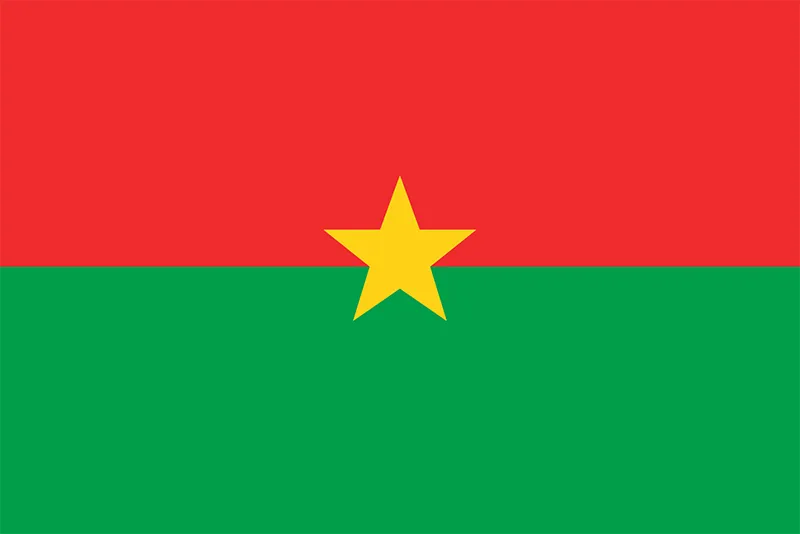The Defence Minister of Burkina Faso, Kassoum Coulibaly, travelled to Moscow, underlining efforts to bolster defence cooperation between the two nations. Russian officials greeted Coulibaly on Tuesday, November 7, further enhancing the nations’ growing diplomatic ties.
The country is seeking to diversify its international alliances, following the recent civil unrest in Burkina Faso. With the political stability of Burkina Faso hanging in the balance, leaders are focusing on building valuable ties with global powers, including Russia.
Hosting the meeting was Russia’s Defence Minister, Sergey Shoigu, who underlined the growing amicable relations between the two nations. Describing the bilateral ties, Shoigu said, “Russia-Burkinabé relations are based solely on the principles of mutual respect and consideration of each other’s interests,” and highlighted the “positive dynamics” these relations have acquired in recent years.
Shoigu went on to praise the meeting as “another step in the development of our friendly relations” indicating Russia’s intention to build a long-term strategic relationship with Burkina Faso.
Coulibaly, appreciative of the negotiations stated they were entering a “real practical phase”. This suggests that the alliance is progressing from mere diplomatic niceties and scaling up into tangible partnerships that serve the mutual interests of both countries.
This isn’t the first meeting between officials from both countries. On October 5, Coulibaly hosted Russia’s Vice-Minister of Defense, Iounous-Bek Evkourov, in the Burkinabé capital, Ouagadougou. These high-profile meetings saw dialogue between officials from the General Staffs of both Armies, indicating wider military collaboration.
The Burkina Faso presidency labelled the talks as “working meetings and experience-sharing,” strongly implying a focus on enhancing the capabilities of the National Armed Forces of Burkina Faso. The alignment will likely include expertise-sharing and training in operational, economic, logistical, and technological fields.
Such initiatives indicate that Burkina Faso is keen on strengthening its defence capabilities, a much-needed move considering the growing instability in the West African region. Combination of political challenges and continued threats from extremist groups suggests security and defence enhancement is a priority for the Burkinabé government.
This new alliance comes within the larger geopolitics of Africa, where countries are diversifying their alliances beyond traditional partners. Russia, having expressed its increasing interest in Africa, offers Burkina Faso a promising partner.
The results of these negotiations cannot be directly predicted at this point, but it is clear they are apt to shape the strategic landscape of Burkina Faso and perhaps, the whole West African region. Critics will watch closely as these nations drive towards negotiated milestones in the armour of defence. It is evident that these partnerships will hold significant implications for both the local political scene in Burkina Faso and the larger dynamics of international relations in the region.





